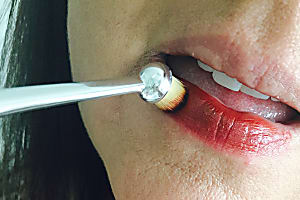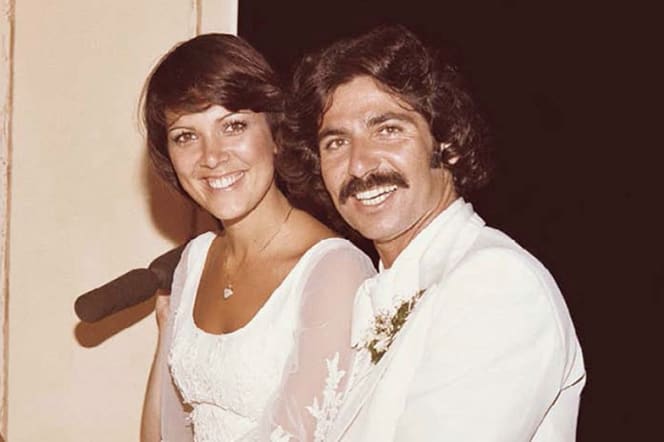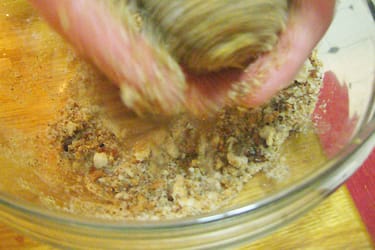Nagpur: 'Neuro-nurses' are conducting their 38th annual conference under the banner of Society of Indian Neuro Nurses (SINN), alongside the 66th Neurological Society of India Conference (NSICON) in city. Neuro-nursing is a specialized branch of nursing, which gives effective and efficient nursing for various brain and spine related diseases.
Phalakshi Manjrekar, director nursing of PD Hinduja Hospital, who was in city for the nursing conference, told TOI that neuro-nurses are specially trained to identify reflexes of patients. They should know how to identify symptoms of a stroke, to be able to act on time and save the patient before the doctor arrives. "They need to be extremely observant and expert in timely decision making. If we don't do our job observantly, a patient can land up with permanent disability. We should know all the SOPs, and be able to practice them," said Manjrekar, who has done her doctorate in neuro-nursing.
Hema Shinde, nursing superintendent of Dr GM Taori Central India Institute of Medical Sciences, who is also a leading participant in the conference, says that otherwise also the long-term results of inpatients depends largely on the nursing quality.
"One needs to also look at nursing as a positive profession to deliver the best. Mostly nursing is looked down upon as a profession. Nursing is not a machine, which can keep a watch on all the body parameters in treatment of a patient. A nurse, especially neuro-nurse, has to be very vigilant and expert in picking up any stimulus in the body, immediately act according to it, and call for the doctor," said Shinde.
There has been a drastic change in the teaching and training in nursing education. Gone are the days when just a diploma or a certificate course would do. Now, one needs to be at least a postgraduate in nursing to get into specialized nursing in any field. "The best nurses are now doctorates in their speciality, to be able to professionally deliver the desired services," said Manjrekar.
Phalakshi Manjrekar, director nursing of PD Hinduja Hospital, who was in city for the nursing conference, told TOI that neuro-nurses are specially trained to identify reflexes of patients. They should know how to identify symptoms of a stroke, to be able to act on time and save the patient before the doctor arrives. "They need to be extremely observant and expert in timely decision making. If we don't do our job observantly, a patient can land up with permanent disability. We should know all the SOPs, and be able to practice them," said Manjrekar, who has done her doctorate in neuro-nursing.
Hema Shinde, nursing superintendent of Dr GM Taori Central India Institute of Medical Sciences, who is also a leading participant in the conference, says that otherwise also the long-term results of inpatients depends largely on the nursing quality.
"One needs to also look at nursing as a positive profession to deliver the best. Mostly nursing is looked down upon as a profession. Nursing is not a machine, which can keep a watch on all the body parameters in treatment of a patient. A nurse, especially neuro-nurse, has to be very vigilant and expert in picking up any stimulus in the body, immediately act according to it, and call for the doctor," said Shinde.
There has been a drastic change in the teaching and training in nursing education. Gone are the days when just a diploma or a certificate course would do. Now, one needs to be at least a postgraduate in nursing to get into specialized nursing in any field. "The best nurses are now doctorates in their speciality, to be able to professionally deliver the desired services," said Manjrekar.
Get latest news & live updates on the go on your pc with News App. Download The Times of India news app for your device.















